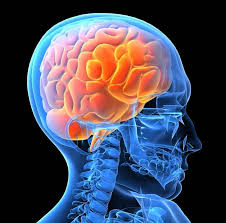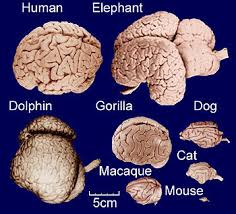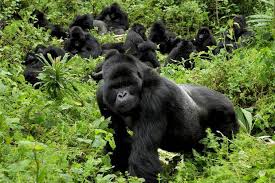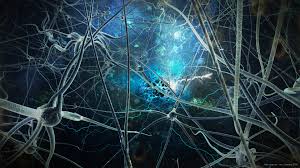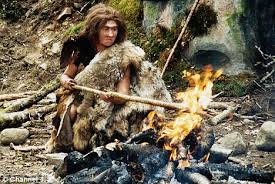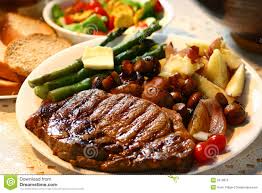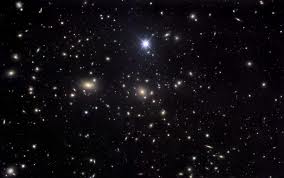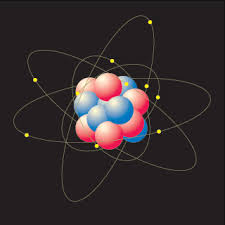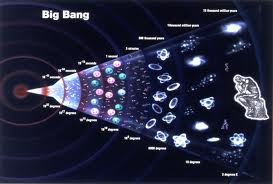 There’s a world of difference between book smarts and street smarts – between braininess and savvy. The first has its place, but the second is much more useful. Being smart is the ability to logically think things out. Being sharp is the ability to tune into the world, to read situations, and positively connect with others while taking charge of your own life.
There’s a world of difference between book smarts and street smarts – between braininess and savvy. The first has its place, but the second is much more useful. Being smart is the ability to logically think things out. Being sharp is the ability to tune into the world, to read situations, and positively connect with others while taking charge of your own life.
What is intelligence?
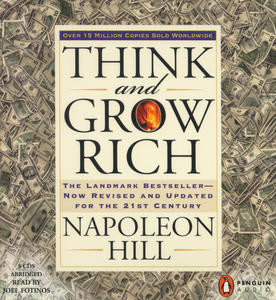 Intelligence has been defined in many different ways such as your capacity for logic, abstract thought, understanding, self-awareness, communication, learning, emotional knowledge, memory, planning, creativity and problem solving.
Intelligence has been defined in many different ways such as your capacity for logic, abstract thought, understanding, self-awareness, communication, learning, emotional knowledge, memory, planning, creativity and problem solving.
Where it comes from is anybody’s guess. It’s something that’s designed into us, possibly imbedded in our brain through DNA. I’m a believer in the concept of Infinite Intelligence which is the basis of Napoleon Hill’s masterpiece on human achievement in Think And Grow Rich. If you haven’t read it, here’s the link. If you have read it, go read it again.
Intelligence has long been measured in a quotient called IQ. It’s different from a measure of your ability to control your emotions which is called EQ – a much more difficult thing to measure.
 Most average adults have an IQ around 100 on the Stanford–Binet Intelligence Scale. The MENSA club requires members to be in the top 98 percentile which sets the bar at 132. According to the Guinness Book of Records, the ‘smartest’ person in the world was Marilyn vos Savant, who scored 185. Probably the most intelligent person who ever existed was Leonardo da Vinci who’s been estimated at around 220.
Most average adults have an IQ around 100 on the Stanford–Binet Intelligence Scale. The MENSA club requires members to be in the top 98 percentile which sets the bar at 132. According to the Guinness Book of Records, the ‘smartest’ person in the world was Marilyn vos Savant, who scored 185. Probably the most intelligent person who ever existed was Leonardo da Vinci who’s been estimated at around 220.
Conversely, mental retardation used to be divided into sub-classifications, but these labels are officially obsolete due to political correctness: Borderline Deficiency (IQ 70-80), Moron (IQ 50-69), Imbecile (IQ 20-49) and Idiot (below 20). I’ve dealt with a few in my policing career who rated around 15 and I have my own term for that classification.
So what about emotional smarts?
I have a great book called The EQ Edge by Steven J. Stein, Ph.D. and Howard E. Book, M.D. I’ll steal their definition of EQ.
 Emotional Quotient is the set of skills that enable us to make our way in a complex world – the personal, social and survival aspects of overall intelligence, the elusive common sense and sensitivity that are essential to effective daily functioning. It has to do with the ability to read the political and social environment, and landscape them; to intuitively grasp what others want and need, what strengths and weaknesses are; to remain unruffled by stress; and to be engaging. The kind of person others want to be around and will follow.
Emotional Quotient is the set of skills that enable us to make our way in a complex world – the personal, social and survival aspects of overall intelligence, the elusive common sense and sensitivity that are essential to effective daily functioning. It has to do with the ability to read the political and social environment, and landscape them; to intuitively grasp what others want and need, what strengths and weaknesses are; to remain unruffled by stress; and to be engaging. The kind of person others want to be around and will follow.
Sophisticated mapping techniques in brain research have recently confirmed that many thought processes pass through our emotional centers as they take the psychological journey that converts outside information from infinite intelligence into individual response and action.
God only knows where infinite intelligence comes from.

